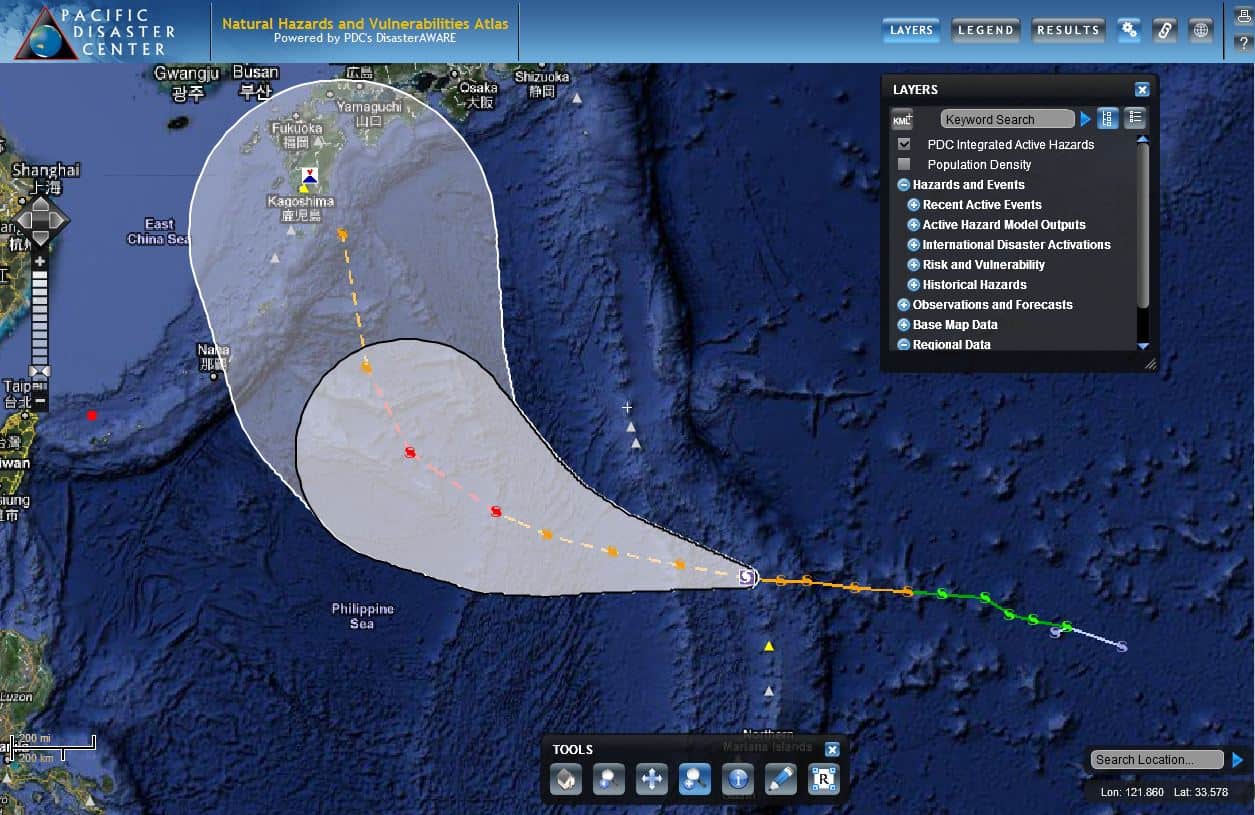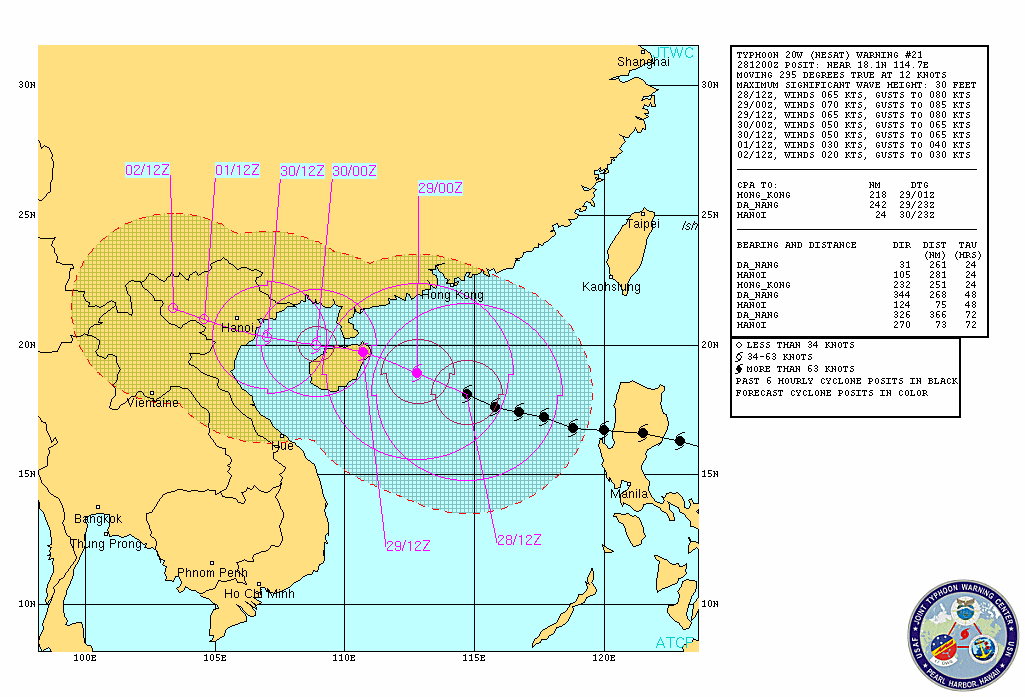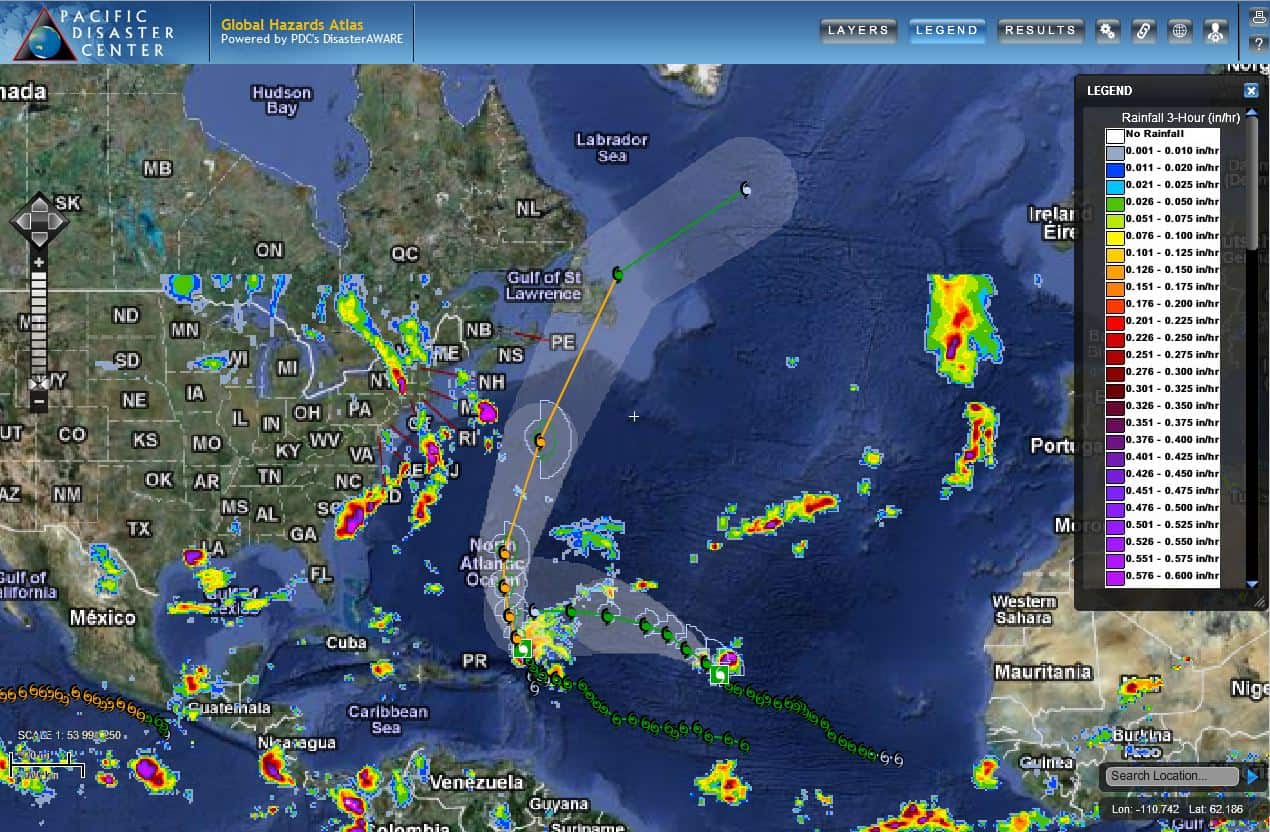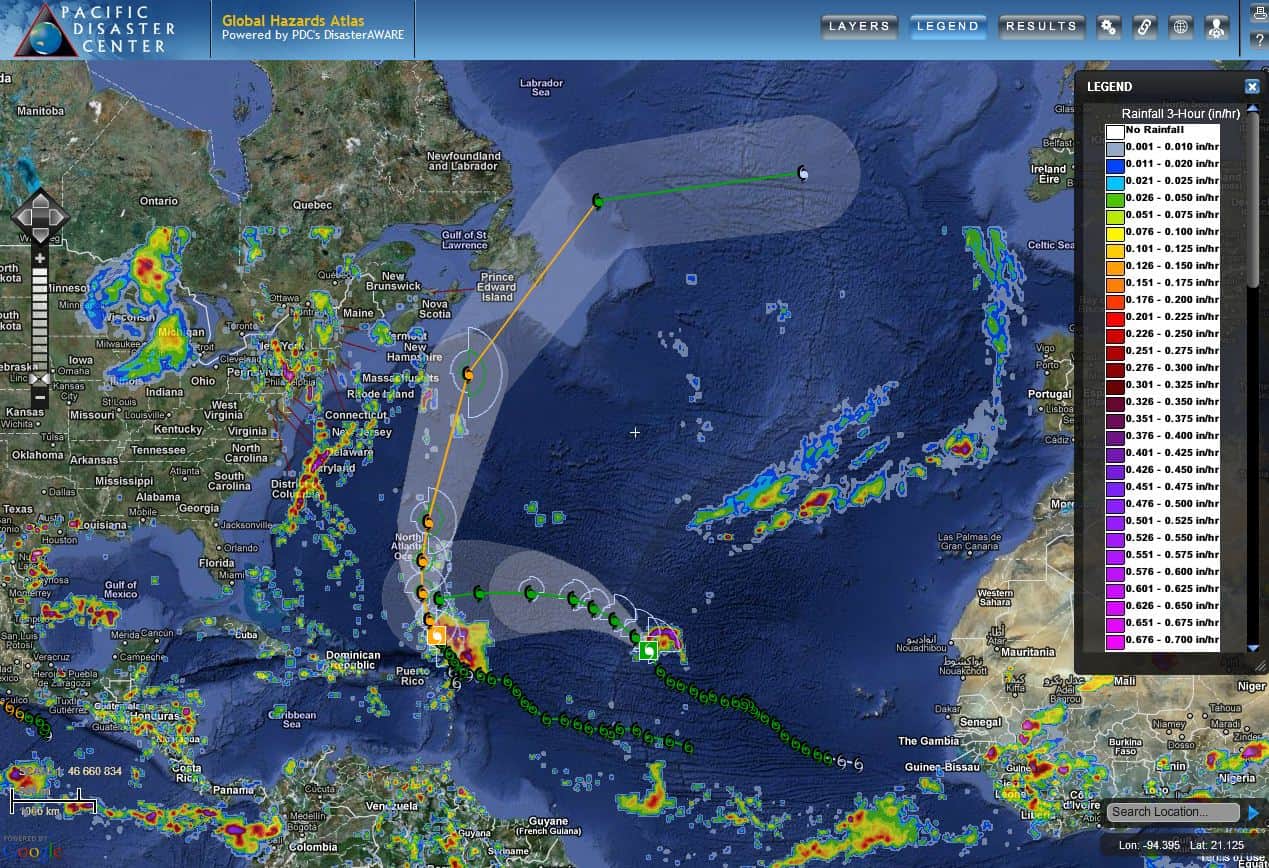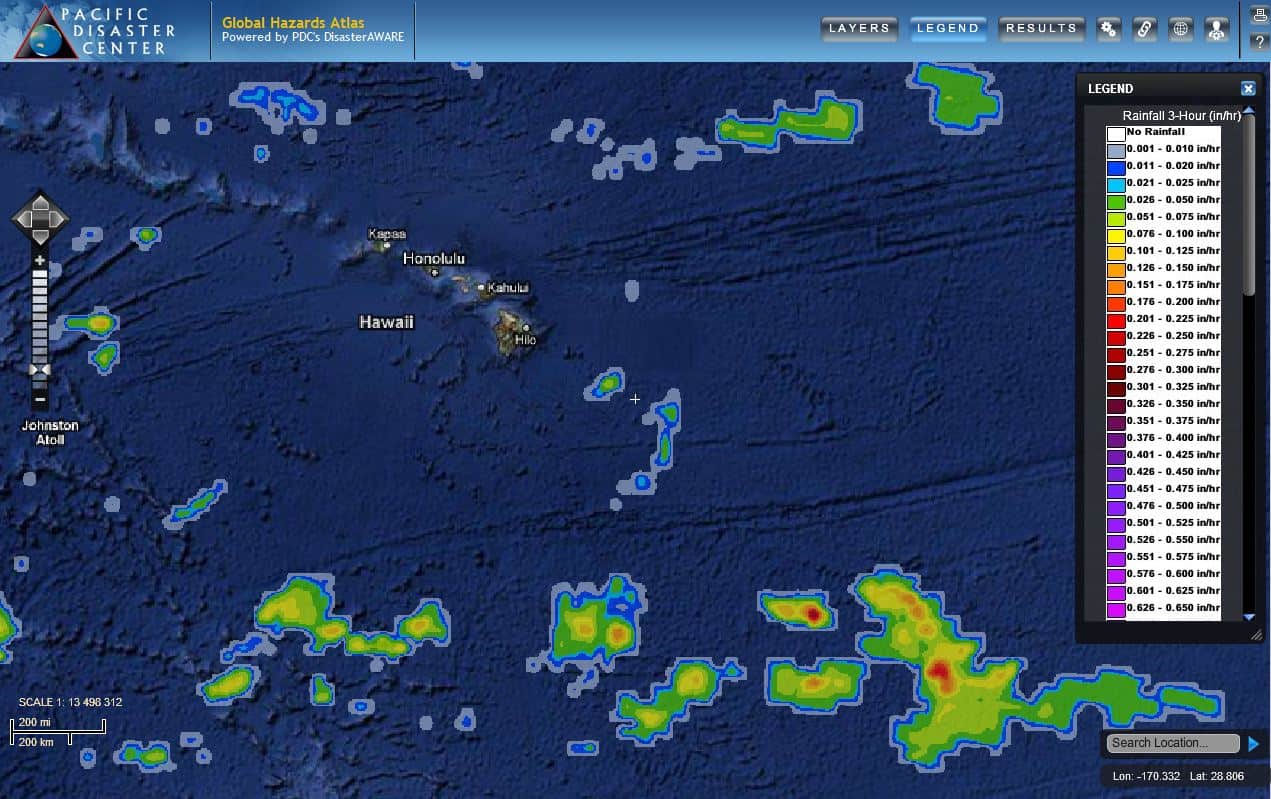On December 9, Pacific Disaster Center (PDC) held a National Knowledge Exchange and Final Workshop in Lima, Peru, as part of the National Disaster Preparedness Baseline Assessment (NDPBA) project. The Knowledge Exchange focused on the presentation of project findings and El Niño preparedness efforts with presentations from PDC, Peru’s National Institute of Civil Defense (INDECI), and International El Niño Expert Dr. Thomas Phillips.
Over the course of this two-year project, NDPBA has brought together stakeholders and partners dedicated to strengthening disaster management capabilities throughout the country. Primary project partners included INDECI; the National Center for Estimates, Prevention, and Disaster Risk Reduction (CENEPRED); and the Peruvian branch of the United Nations Office for the Coordination of Humanitarian Affairs (UN OCHA).
PDC’s NDPBA is focused on documenting current disaster risk reduction initiatives within a country. NDPBA also provides stakeholders with information to support efforts to improve disaster risk reduction capacity and capability at the national and sub-national level.
In order to provide such valuable information, the NDPBA process examines two key elements: Comprehensive Disaster Management (CDM) and sub-national Risk and Vulnerability Assessment (RVA).
The NDPBA process encourages a coordinated multi-agency approach to disaster risk reduction, providing a venue for focused engagement and connecting stakeholders involved in all phases of disaster management through Knowledge Exchange events and workshops.
In-country data collection engagements conducted throughout the NDPBA project create opportunities to gather national and sub-national risk and vulnerability data that were analyzed using PDC’s RVA methodology and presented to stakeholders in easy-to-access formats, providing the necessary temporal and spatial data to inform effective DRR decision making.
Concurrent NDPBA activities in El Salvador concluded in October, with the presentation of CDM and RVA findings delivered in San Salvador. PDC’s main project partners in El Salvador included the nation’s Protección Civil; Ministry of Environment and Natural Resources (MARN); and the Humanitarian Information Network for Latin America and the Caribbean (REDHUM).
All results from the NDPBA projects in Peru and El Salvador have been integrated into PDC’s DisasterAWARE (EMOPS) system and made available to stakeholders. The national and sub-national data collected and analyzed will serve as the foundation to better understand how disaster risk reduction programs and investments are reducing vulnerability and increasing coping capacity over time—all in an effort to build more resilient communities.
With support and funding from the U.S. government, PDC continues to expand the NDPBA program, conducting projects in Jamaica, the Dominican Republic, Honduras, Nicaragua, and Guatemala.

